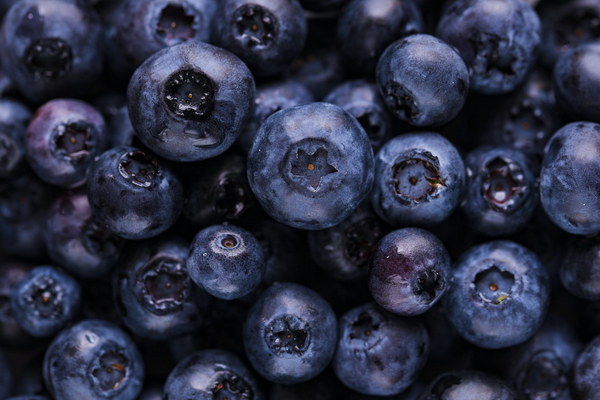Nurturing Liver Health A Comprehensive Guide to Balancing Yin Deficiency
Introduction:
The liver plays a crucial role in maintaining our overall health and well-being. It is responsible for detoxifying our bodies, processing nutrients, and regulating hormones. However, due to our fast-paced lifestyles and unhealthy habits, the liver can become overwhelmed and weakened, leading to various health issues. One common problem is Yin Deficiency, which affects the liver's ability to function optimally. In this article, we will explore how to nourish and protect your liver while addressing Yin Deficiency.
1. Understanding Yin Deficiency:
Yin Deficiency is a concept rooted in traditional Chinese medicine (TCM). It refers to a condition where there is a deficiency of Yin, which is the cooling, calming, and moisturizing aspect of the body. When Yin is deficient, the body may experience symptoms such as dryness, heat, irritability, and fatigue. The liver is particularly susceptible to Yin Deficiency due to its role in regulating emotions and maintaining hormonal balance.
2. Diet and Nutrition:
A balanced diet is essential for supporting liver health and addressing Yin Deficiency. Here are some tips to consider:
a. Increase your intake of cooling and nourishing foods: Foods like cucumber, watermelon, green leafy vegetables, and seaweed can help cool the body and replenish Yin energy. Incorporate these foods into your daily meals.
b. Limit spicy and hot foods: Spicy and hot foods can exacerbate Yin Deficiency by increasing heat in the body. Avoid or reduce the consumption of foods like chili peppers, ginger, and garlic.
c. Choose Yin-nourishing ingredients: Foods rich in omega-3 fatty acids, such as flaxseeds, chia seeds, and fish, can help support liver function and address Yin Deficiency. Additionally, ingredients like goji berries, dates, and almonds are known for their Yin-nourishing properties.

3. Lifestyle Changes:
Adopting a healthy lifestyle can significantly impact your liver's well-being and help address Yin Deficiency. Consider the following tips:
a. Get adequate sleep: Lack of sleep can lead to Yin Deficiency, as it disrupts the body's natural balance. Aim for 7-9 hours of quality sleep per night.
b. Manage stress: Chronic stress can deplete Yin energy. Practice stress-reducing techniques such as meditation, yoga, or deep breathing exercises to maintain a balanced emotional state.
c. Exercise regularly: Regular physical activity promotes liver health and helps maintain Yin balance. Engage in gentle exercises like tai chi, qi gong, or gentle yoga to support your liver.
4. Supplements and Herbs:
In some cases, supplements and herbs may be beneficial in addressing Yin Deficiency and supporting liver health. Consult with a healthcare professional before starting any new supplement or herbal regimen:
a. Liver-supporting supplements: Milk thistle, artichoke extract, and turmeric are known for their liver-protective properties. These supplements can help improve liver function and support Yin balance.
b. Herbs for Yin deficiency: Herbs like rehmannia, peony, and schisandra are commonly used in TCM to address Yin Deficiency. These herbs can be taken as teas or in combination with other medicinal herbs.
Conclusion:
Taking care of your liver is essential for maintaining overall health and well-being. By addressing Yin Deficiency through diet, lifestyle changes, and herbal remedies, you can support your liver's function and enhance your overall health. Remember to consult with a healthcare professional before making any significant changes to your diet, lifestyle, or supplement regimen. With proper care, your liver can thrive and contribute to a long, healthy life.









